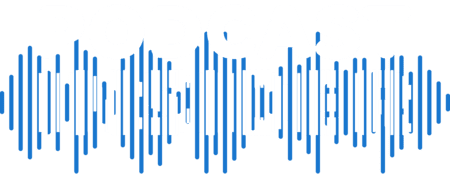Dear Podcast Community:
We’re concerned.
Recently we have heard from a rash of podcasters who have either lost control of their podcast feeds, or had them go down for hours at a time. In one case, a podcaster lost his Feedburner account – and along with it, 10 years worth of listener subscriptions. In another case, a podcast service company went out of business, and multiple shows had to scramble to get their feeds moved. Ultimately they lost listeners because the original company closed shop and did not forward the feeds.
At Blubrry, we have a long history of recommending that ALL podcasters own and control their own podcast feed. By controlling your feed, you can be guaranteed you won’t be dependent on other companies or people to keep it up and running. Feeds go invalid with even the best companies, and you can be at their whim to fix it. If you own your own feed, you won’t have to worry about losing your audience if the company suddenly goes out of business.
Do you know who controls your feed? It is really pretty simple. If you have your own .com on your own site, and that is the feed that you submitted to iTunes, you are in control of your feed. While some podcast providers say that you can control your feed from their site, if it is on their domain, it is their property and under their control. With Blubrry PowerPress you own and control your feed, which explains why today nearly 55,000 smart podcasters power their podcast with PowerPress!
If you don’t have control of your feed, is there someone you can contact to get your feed back online if there’s an issue? Many podcasting service providers offer inadequate customer service and definitely nobody to go to in an emergency if there’s a feed issue. No matter what a podcast services company tries to tell you, nobody can guarantee that your feed will work 100% of the time. However, the likelihood that a feed owned and controlled by you will have a major problem is very small, and if it does happen, you will have the power to do something about it.
Does your podcast host advocate that you have a different feed for every destination? This is a huge red flag. If you have different feeds for every place people listen to your show, i.e. one feed for iTunes, another for Google Play, another for Stitcher, etc, you’re asking for trouble. First of all you’ll have to monitor each and every feed to make sure they’re all functioning correctly, which is a ton of work! Second, the more feeds you have the more chances there are for something to break or go wrong. Remember, your feed is like a radio signal that spreads to many stations. There is no reason to have more than one signal – all that matters is that the one signal you do have is strong, is held and maintained by a reliable source, and can “broadcast” where you need it to go.
Furthering the radio analogy, consider this: do you only want to rent the land your radio tower sits on, only to have the rent raised or worse, the land taken away? We feel strongly that when you own and control the “property” your feed sits on, it not only protects your creative property but also puts you in a much better position to troubleshoot and problem-solve.
Keep in mind you only need one feed, and managing it doesn’t have to be complicated. Occasionally we have clients that are on a content management system that does not support podcasting feeds. Blubrry can provide in those cases a feed that we manage, with the ability to have it permanently forwarded when you do move to a platform that supports RSS feeds.





